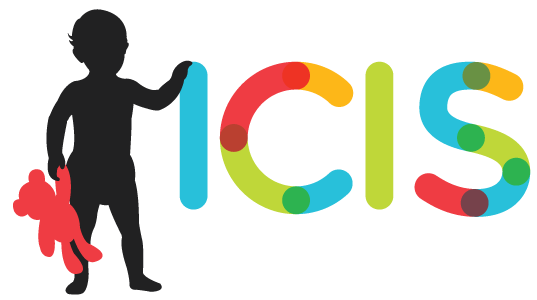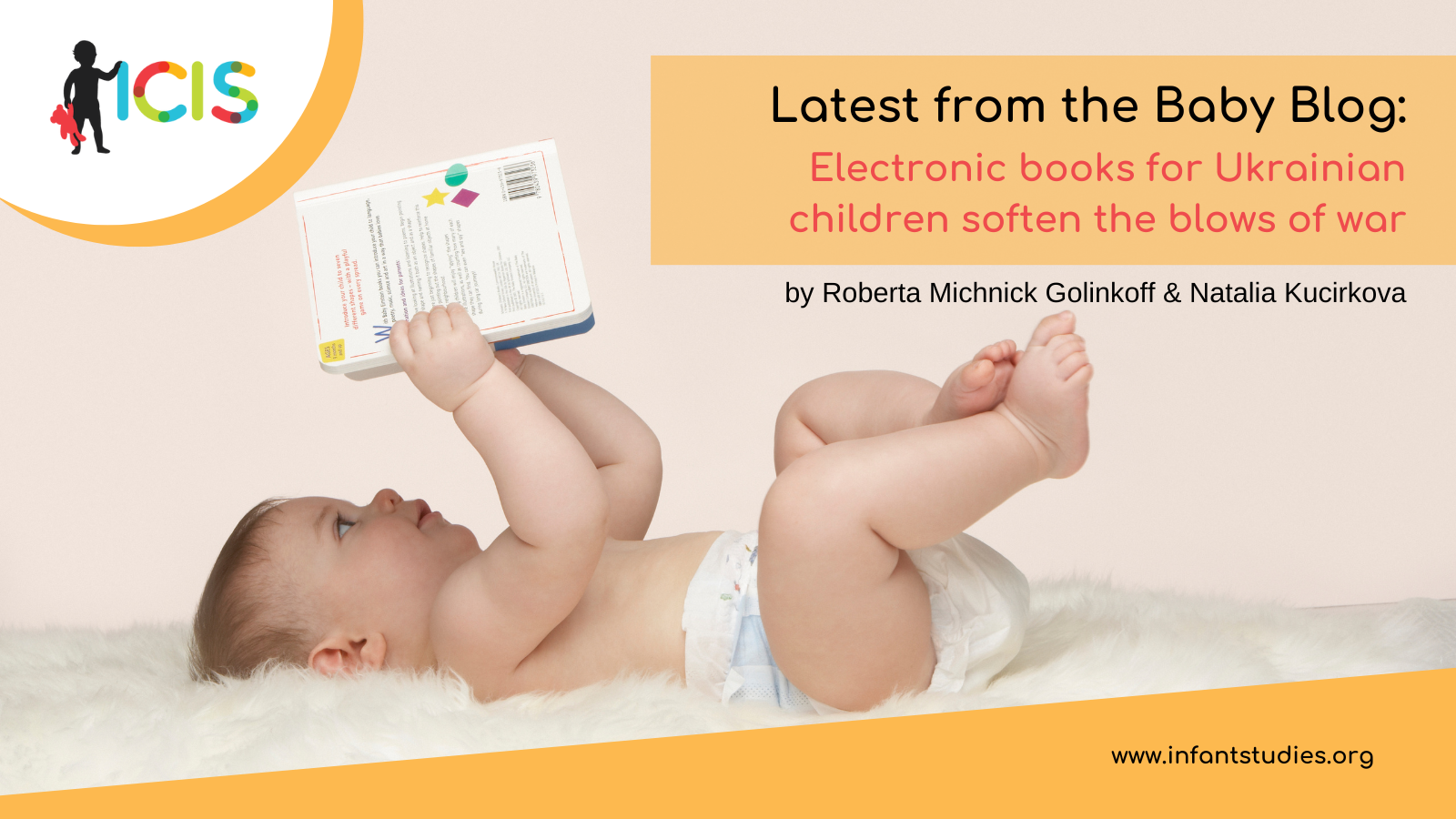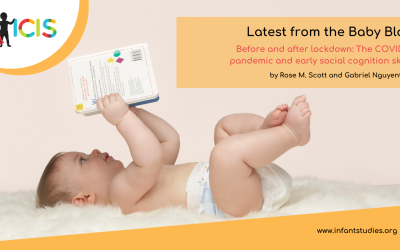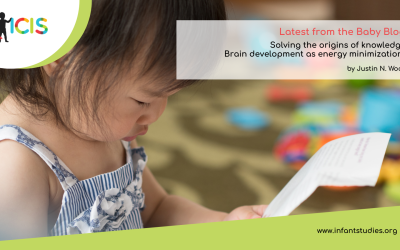In 1971, Michael S. Hart digitized the U.S. Declaration of Independence, making it the first e-book in the world. When e-books for children began to increase in popularity in 2010, Susan Katz, president and publisher of HarperCollins Children’s Books stated, “Children are still going to have a bookshelf” although she recognized that other books would enter the library too. But what happens when children’s bookshelves vanish overnight? When, because of the necessity to escape from their country, children’s favorite books must be left behind? Cuddling up with a caregiver and a charmingly illustrated, colorful, and inviting children’s book is no longer an option.
Digital or electronic books can help fill this void.
As the war in Ukraine continues unabated, at least 4.8 million Ukrainian refugee children are currently dispersed across Europe while more are exiting daily. They (and their parents) are mired in fear and incomprehension as their lives have been turned upside down. Children had to leave treasured objects and books behind in the scramble to leave. They are hearing new languages and seeing an alphabet that is also foreign to them as Ukrainian uses Cyrillic.
Reading with a family member could be a superb chance to keep something of their childhood and culture in the midst of the chaos they face. Most of their parents carry a phone—a lifeline—and with it, a potentially unlimited library of digital stories or e-books. Story books that are digitally produced can be used by children who can read as well as children who can’t.
Digital books are a good alternative for infants too.
The American Academy of Pediatrics guidelines recommend zero screen time (except for video calls with family members) for children under 18 months and very little after that—at most one hour a day. But digital books accessible on phones and tablets can serve as a medium for sharing a story when parents no longer have access to their paper or cardboard books. Many infants love to be read to, likely because they get to be held closely and see interesting sights as the pages are turned. Just as when reading with older children, parents of infants need to engage in conversation about the book. Even better is following their child’s interest and talking about what the infant looks at and points to. Dialogue around the book enhances the storytelling experience and becomes a vehicle for babies to learn new words and come to love books. The goal for reading to a child is not to “get through” the book but to use it as a platform to talk about it and relate it to children’s experiences.
In a study conducted in the USA involving 65 families from middle- and lower-income households, the findings revealed distinct parent profiles in parent–child interactions with e-books. The study emphasized that parents’ attitudes toward learning influenced these interactions. Therefore, the crucial factor lies in parents’ attitudes rather than the digital medium itself when fostering supportive conversations.
Individual book titles can be distributed by the millions over the web and read anytime, anywhere. Interactive e-books can be read even when families are not in the same place. Digital books with narrated text can provide children with a story when their stressed adult is struggling to make decisions about their family’s future. Families in transit carrying their worldly belongings have little room for traditional books. These assets make digital books an essential choice for displaced families—even those with infants. And in times of crisis and pandemics, e-books can delight children as much as traditional books do.
A clear demonstration of how e-books can help children in crisis happened during Covid. When children could no longer go to libraries, hundreds of e-books about the virus were produced with and by children, translated, and digitally distributed. Most of the Corona e-books told children about the virus and explained in child-friendly terms what they could do to protect themselves from getting ill.
A Web Platform for Ukrainian Infants and Children: Stories with Clever Hedgehog
To help Ukrainian children both in the diaspora and in the country itself, a new website has been created that contains hundreds of e-books. The platform, called Stories with Clever Hedgehog, is funded by the Jacobs Foundation. The hedgehog is a favorite Ukrainian animal that appears on the platform complete with reading glasses and full of mischief. In addition to offering books translated into Ukrainian, the site is in Cyrillic to allow families to engage with stories in their own written language. It also offers children’s games, ideas for reducing parental and child stress, fun facts about Ukraine, art opportunities, and even Ukrainian children’s songs. Stories with Clever Hedgehog is designed to connect children with the marvels of their home country.
Too Much Screen Time?
As researchers gather to produce a 2024 edited volume of some 30 papers on the use of digital devices for young children, there will be many papers (including ours!) that lament children’s overuse of screens. Furthermore, studies show that many existing digital learning programs do not follow lessons from the science of learning; thus, their promise is yet to be completely fulfilled.
But there is another side to digital devices. E-books make it possible for children sitting on railway platforms, crunched into family cars, and babies just needing a bedtime story, to briefly disappear to the forest or the seaside or even back to their own homes. E-books can allow children’s imaginations to soar, removing them from their quotidian concerns and fears.
About the Author

Roberta Michnick Golinkoff
University of Delaware (USA)
Roberta Michnick Golinkoff, PhD., is the H. Rodney Sharp Professor of Education at the University of Delaware and at the University of Stavanger in Norway. She has won numerous awards for her work on early language development, the impact of media on children, and is a member of the National Academy of Education. @KathyandRo1

Natalia Kucirkova
University of Stavanger (Norway)
Natalia Kucirkova, is Professor at the University of Stavanger in Norway and the Open University in the United Kingdom. Her research has been focused on early literacy and the role of technology use and design. @NKucirkova




